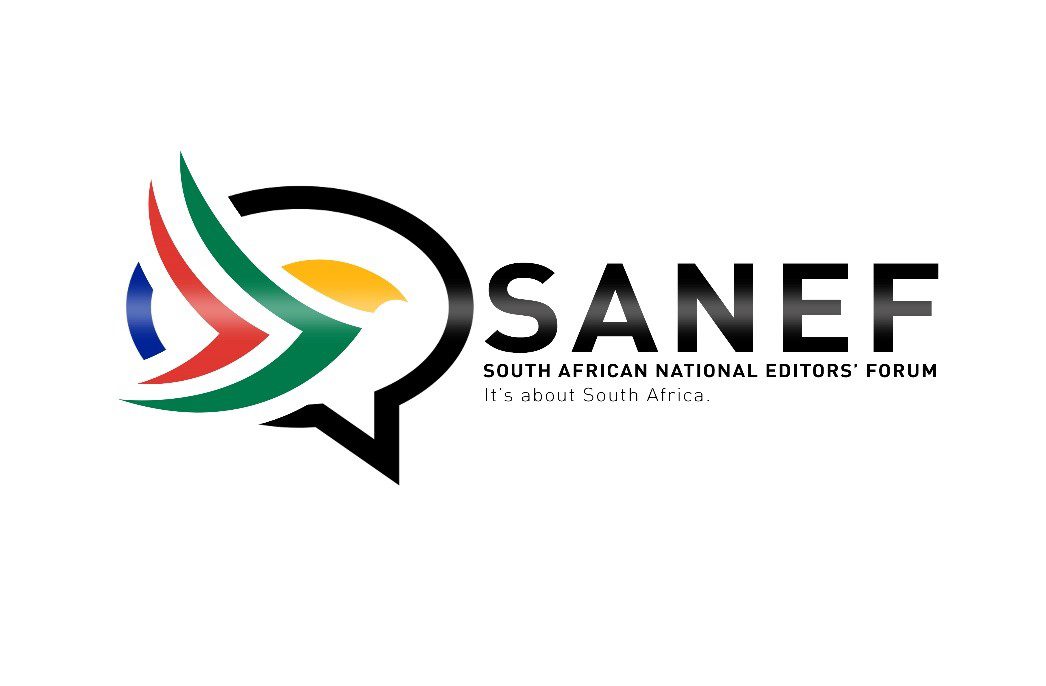Application Deadline: November 1st, 2023
SANEF presents an exciting opportunity for early to mid-career journalists to receive mentoring from international experts. Through a project implemented by the Thomson Reuters Foundation, the Guild is offering funding, editorial and legal support to produce high-quality journalism on issues related to media capture in the South African press. In this context, media capture refers to a set of negative and limiting influences on media freedom; these range from commercial to political/policy factors. It can include both state and non-state actors. Media capture also explores the confluence of the two.
The mentoring includes one-to-one support (usually remote) to provide feedback on story angles, journalism quality and accuracy, and ethical considerations, whilst developing the content. Successful applicants will also receive pre-publication review from highly skilled lawyers to help identify and navigate relevant legal risks and considerations.
Participating journalists must commit to all components of the scheme and will sign an agreement to this effect. These components include:
- Producing at least one item of content on an issue of media capture.
- Participating in a mentoring scheme to support the development of content, focused on quality and ethical conduct.
- Participating in a legal pre-publication review mentorship process focussed on identifying legal risks in the story, and advisory on how to mitigate these.
- Participating in the mentoring scheme for its entire duration (approximately 2 hours per week, over 6 weeks).
Journalists will not be considered to have fulfilled the scheme until they have completed each of these elements.
Benefits
If selected to participate in the mentoring scheme, you will:
- Receive a financial contribution to cover expenses associated with research, investigation, and the subsequent publication of the story.
- Be provided with editorial guidance from highly experienced journalism mentors right up until publication/broadcast.
- Have access to a lawyer who will guide you on how to mitigate legal risks in developing your piece, such as libel and defamation. The lawyer will also review your story pre-publication.
- Journalists with at least two to eight years of professional experience.
- Journalists who are accredited and belong to a professional body.
- Journalists who are familiar with investigative journalism, reporting on media freedom and/or freedom of expression issues in general.
- Journalists who have a strong motivation to learn about and understand these issues.
- Journalists able to devote time working on their story and commit to the mentoring process as described above (2 hours a week, over 6 weeks). This duration is indicative of the time spent with the mentor and lawyer during the stated period.
- Both freelancers and staff journalists. Journalists working for a news organisation will need prior written consent from their editor or newsrooms to take part.
- Journalists working in any medium or multiple media (print, online, radio or television).
- Journalists based in South Africa and/or working for one or more South African media organisations.
- Journalists must have fluent English.
- Journalists must be ready to share their content/story plans with the designated mentors/lawyers involved in the mentoring scheme.
FUNDING
Successful applicants will receive funding to cover expenses associated with research, investigation, and the subsequent publication of the story.
APPLICATIONS
- A story pitch: this should include a strong story idea related to issues of media capture and a brief summary of a plan to execute the research and drafting of the story.
- Curriculum Vitae.
- Two examples of your work: broadcast journalists can send in their scripts and a summary. If this work is in local language, please provide an English translation. If it is online, please share a link so that the web page can be translated.
- A letter from your editor consenting to your participation in the mentoring process and, ideally, their commitment to publish the story.
- If the letter from your editor does not explicitly state that the story will be published, we will still consider your application.
- Candidates are requested to submit an expense budget.
Email applications to dzudzie@sanef.org.za
For More Information:

